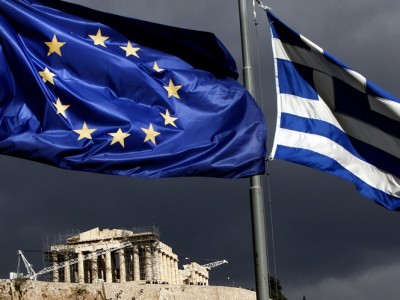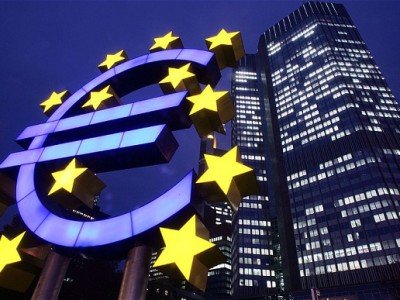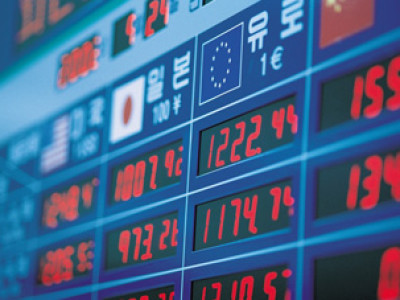Greece: Two Months after the Controversial Bailout Deal
After six months of defiance, Greece’s newly elected government capitulated to its Eurozone paymasters and accepted an €86 billion bailout package in exchange for tough economic reforms. The agreement was struck on July 13 after a 17-hour marathon session between Athens and the Eurozone. The deal divided the ruling far-left Syriza party, which had only six months earlier secured a convincing election victory on the premise of fighting austerity.
Shortly after the agreement, the Hellenic Parliament passed the austerity bill that likely prevented a chain of events ending with Greece being booted from the euro. This “Grexit” scenario not only threatened to send Greece deeper into the abyss, but the very foundation of the Eurozone project.
Two months after the historic deal, Greece appears to be making incremental gains, although unemployment continues to be the highest in the Eurozone. The Greek economy rose unexpectedly in the second quarter after contracting in the first three months of the year. The country’s gross domestic product expanded 0.9% in the April to June period on the strength of the tourism industry, the Hellenic statistical authority said. Greece officially exited a devastating six-year recession in 2014.
However, the gains have done little to restore the confidence of the Greek people, who have seen their GDP contract by 25% since the height of the financial crisis. What’s more, Greeks have lost confidence in their electorate. Not only did the Greek people put their confidence in Syriza to fight austerity, they rectified the party’s anti-austerity pledge by overwhelmingly rejecting a less severe bailout proposal in a snap referendum on July 5.
Greece’s newly elected Prime Minster Alexis Tsipras resigned from office in August, paving the way for an early election slated for September 20. Tsipras’ short tenure as Prime Minister has left Greece more divided than it was when he assumed office. According to recent polls, Syriza enjoys a slight lead over its conservative rival New Democracy just one week before the election.
“The political mandate of the 25 January elections has exhausted its limits and now the Greek people have to have their say,”
Tsipras said in a televised address last month.
“I want to be honest with you, we did not achieve the agreement we expected before the January elections.”
Over the next three years, Greece will be required to repay a recapitalization loan for banks, reduce its debt to GDP ratio, make strategic investments and stimulate growth through privatization under the purview of the European Central Bank, European Commission and International Monetary Fund – the troika of lenders that have financed Greece’s bourgeoning debt. Greece will also be required to increase its value-added tax (VAT), reduce collective bargaining rights and finance a privatization fund including €50 billion worth of assets.
Despite avoiding an imminent financial disaster, Greece appears to be no closer to turning things around. Readers shouldn’t forget that the troika financed €240 billion worth of loans to Athens in the years following the financial crisis, only to see Greece spiral into an even bigger financial disaster that almost pushed it out of the currency bloc.
With Syriza’s last-minute submission to the European Union, skeptics have warned that repeatedly following a pro-Europe agenda is unlikely to produce favourable results for the Greek people. It’s uncertain how Syriza (or any other party) would go about restructuring Greece’s shaky economy. Although the idea of re-introducing the drachma was kicked around, it’s difficult to believe that anyone would be willing to hold a new currency, especially in an economy with a debt-to-GDP ratio of 180%.
Greece’s road to recovery will be a long one and there is no guarantee that the latest batch of financial aid will bring it closer to sustainability. The Greek economy is forecast to grow just 0.5% this year, down from a prior estimate of 2.5%, according to the European Commission. Inflation is forecast to remain negative for the rest of the year.
What’s next for Greece is very difficult to say, although the body of evidence suggests the country will struggle under the existing European economic and political dynamic. Greek policymakers need to have an honest discussion about restructuring their economy away from Eurozone institutions; they must develop new self-management approaches with public participation to increase productivity and support sovereignty. Only when Greece is able to take back some of its economic and political sovereignty can it entertain a rational discussion about reintroducing the drachma.
Recent opinion surveys depicted Syriza and the New Democracy party locked in a dead heat. With Greece going to the polls again on Sunday 20th September what do you think will happen?
The post Greece: Two Months after the Controversial Bailout Deal appeared first on Forex.Info.
Source:: Greece: Two Months after the Controversial Bailout Deal













